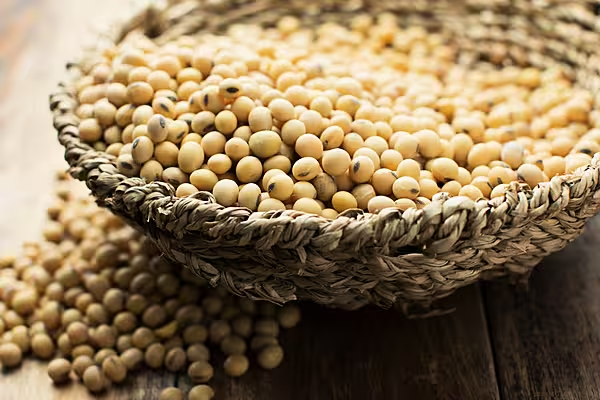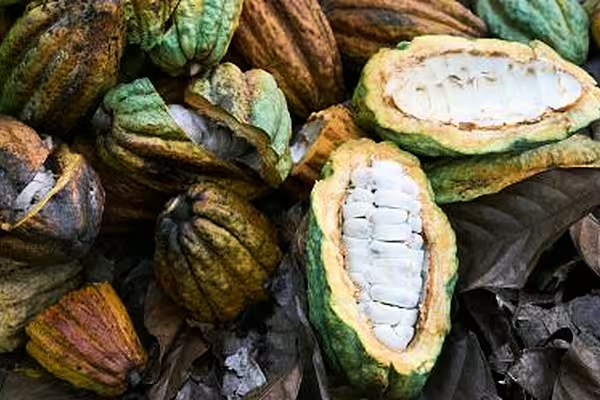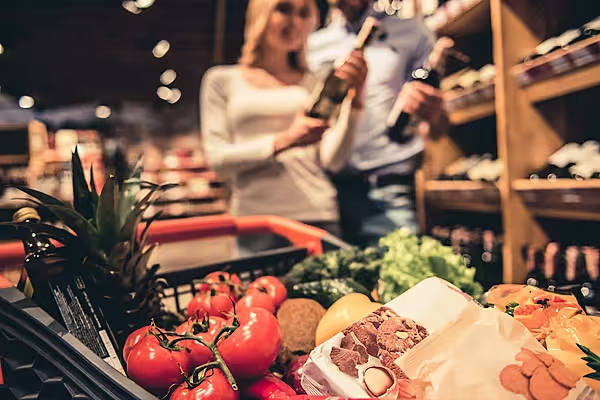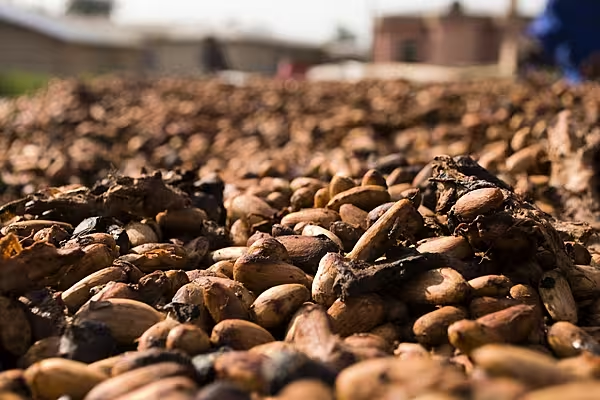A fifth of EU soy imports from Brazil may come from land illegally deforested, according to a new study that offers a detailed inventory of farms in the supply chain.
One major soy industry group representing traders said it shuns purchases from farms identified by Brazil as problematic.
Tracking Locations
That research, published Thursday in the journal Science, also opens the door for both international companies and Brazilian law enforcement to pinpoint specific farms violating rules against Amazon deforestation, according to study coauthor Raoni Rajao, who specializes in environmental management at the Federal University of Minas Gerais.
Previous research had traced sales only to municipalities where illegal deforestation took place.
"Brazil has the means to develop a great government-led monitoring system that is able to clean supply chains of deforestation," Rajao said. "Before the technical means weren't there, and now we have developed those means."
More monitoring is especially important, the study says, as the country seeks to feed the world. Brazil, which now produces a similar volume of soy as the United States, is on track to become by far the world's biggest soybean exporter by 2029, according to a report Thursday by the OECD and the United Nations' Food and Agriculture Organization.
In their study, Rajao and other researchers looked at deforestation in Brazil's Amazon and in the bordering Cerrado savannah since 2008.
Beef Exports
The team also found that 17% of Brazil's beef exports to the European Union are linked to deforestation. However, there were only a few "rotten apples" in the soybean and beef supply chains, with only 2% of farms causing 62% of the illegal deforestation in the area covered, it said.
The study did not name the companies or farms implicated in deforestation.
The study only considered Brazilian exports to the European Union, which took in 16% of Brazil's soybean and soymeal exports in 2019. Rajao said the researchers focused on the EU in part to because a recent EU trade deal with the South American bloc Mercosur, once ratified, would increase two-way farm trade.
Rajao said future research might look at exports to China, which accounts for 64% of soybean and meal sales.
"This finding comes at a critical time when the Brazilian government is being pressured to reverse its notoriously anti-environmental stance that is fueling Amazon deforestation," said Philip Fearnside, an ecologist at Brazil's National Institute of Amazonian Research, not involved in the new research.
Deforestation has surged in the Brazilian Amazon since right-wing President Jair Bolsonaro took office in 2019 and weakened environmental enforcement while urging more commercial farming and mining in forest areas.
New Heights
Deforestation in Brazil's Amazon hit an 11-year high in 2019, destroying an area the size of Lebanon, according to government data. Land clearances rose a further 25% in the first six months of 2020, compared to a year ago, preliminary data shows.
"They make a good contribution by adding this additional layer of transparency," said Neus Escobar, an agricultural engineer at the University of Bonn in Germany who was not involved in the study.
Industry group Abiove, which represents global commodities traders' interests in Brazil, said its members do not buy from farms under official embargo by the Brazilian government for illegal deforestation.
But Abiove said it's the government's responsibility to impose embargoes for illegal deforestation, and the study presents a distorted view by not analyzing which properties are embargoed.
© 2020 Checkout – your source for the latest Irish retail news. Click sign-up to subscribe to Checkout.









